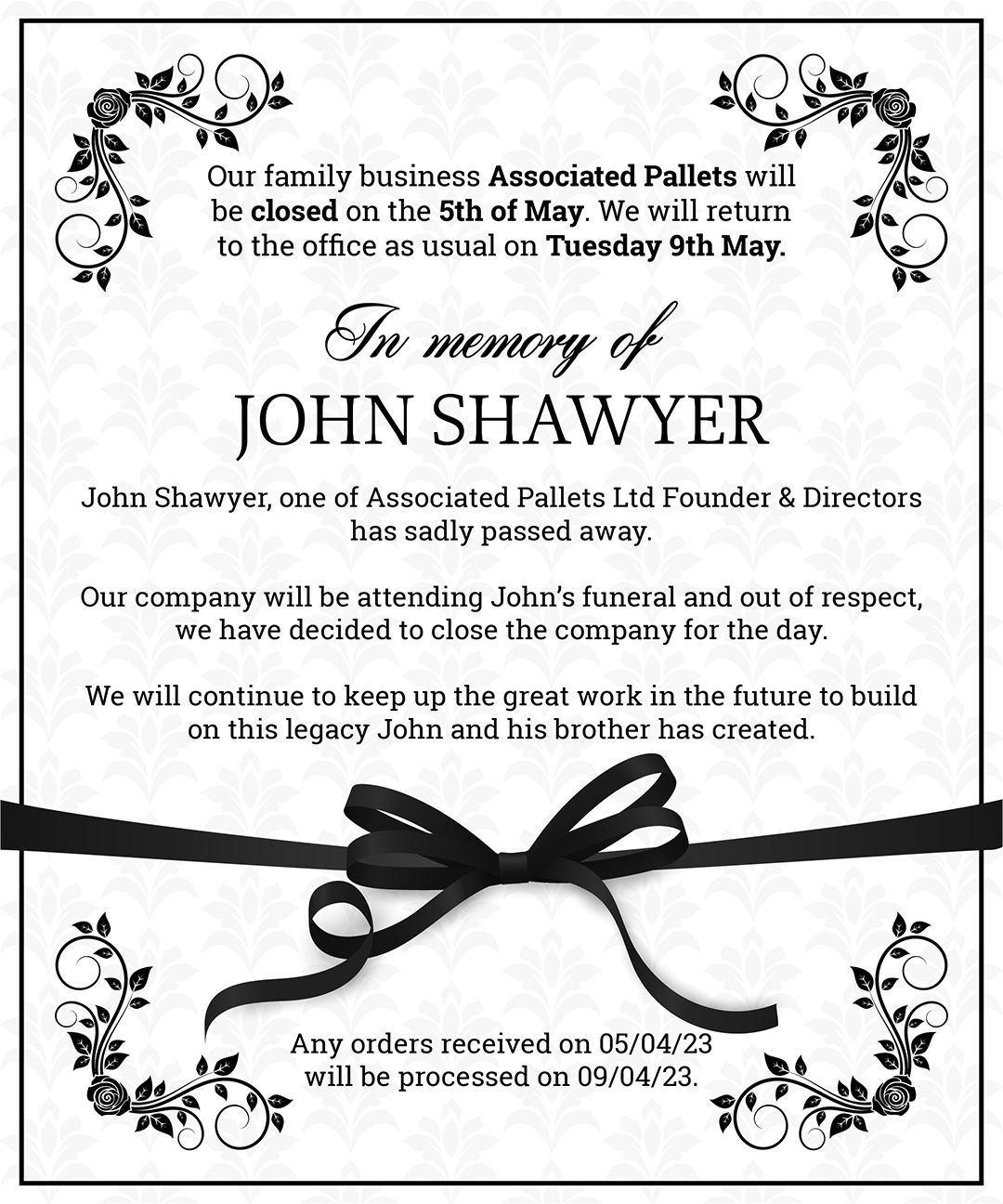Handling Different Pallet Sizes
07 Mar 2015
Plastic pallets are routinely moulded in a wide variety of sizes and shapes, but this can make handling and storage a challenge. There are some solutions, however, to prevent unnecessary additions to the logistics budget and to minimise the time spent handling non-standard containers and pallets.
For companies that receive pallets from a range of sources, having to handle pallets of different sizes and shapes can be a common occurrence, but this does not necessarily mean that it will be problematic and time-consuming. In the absence of a world of universal sizing, however, these are challenges that must be overcome. The problem often arises as many companies’ handling systems were designed with only standard pallet configurations in mind. This leads to ‘work-arounds’ having to be devised to deal with the issue.
Working Around the Issue
These work-arounds often include setting unusually-sized pallets on the floor or doubling up and storing on a rackable pallet of standard size. Getrag, the largest independent automotive transmissions manufacturer in the world, used to use such methods to cope with varying pallet sizes, but this did not offer the most efficient means of storage and meant workers had to spend extra time moving around the plant. A large amount of forklift work was also needed to make sure that first-in-first out (FIFO) of the parts was achieved. In practice, this meant moving aside newer parts in order to get to older ones at the back.
A Dynamic Solution
As part of a logistics-improvement project, however, Interroll, a provider of material-handling equipment, was commissioned to put in pallet flow racks, otherwise known as a Dynamic Storage system, at the Liverpool plant. This system offered storage in 228 pallet positions located in a rack structure that had 19 lanes and was four pallets deep and three tiers high. The system was positioned closer to Getrag Ford Transmission’s production area and provided the means to group the same products together and save on space, making it easier to pick parts and locate items.
Interroll was tasked with coming up with a way of handling both wooden and plastic pallets in a variety of sizes and with different weights and base configurations. These ranged from UK pallets measuring 1,000mm by 1,200mm to Euro pallets measuring 800mm by 1,200mm, along with plastic pallets featuring bases with three runners. All of the pallets were carrying weights between 1,300lbs and 2,200lbs. The final solution was designed using 60mm rollers placed at a pitch of 78mm and incorporated a safety separator to provide a delay between the first pallet being removed and those at the back rolling forward, ensuring safety for forklift operators. The FIFO lanes also have 1,250mm wide rollers to cope with even wider pallets if required in the future.
It was not the first time that Interroll has been tasked with providing a solution to the challenge of different-sized pallets, and the company can offer a similar service to other companies. All of the systems have to be extensively tested, however, and only pallets in good condition can be used.
